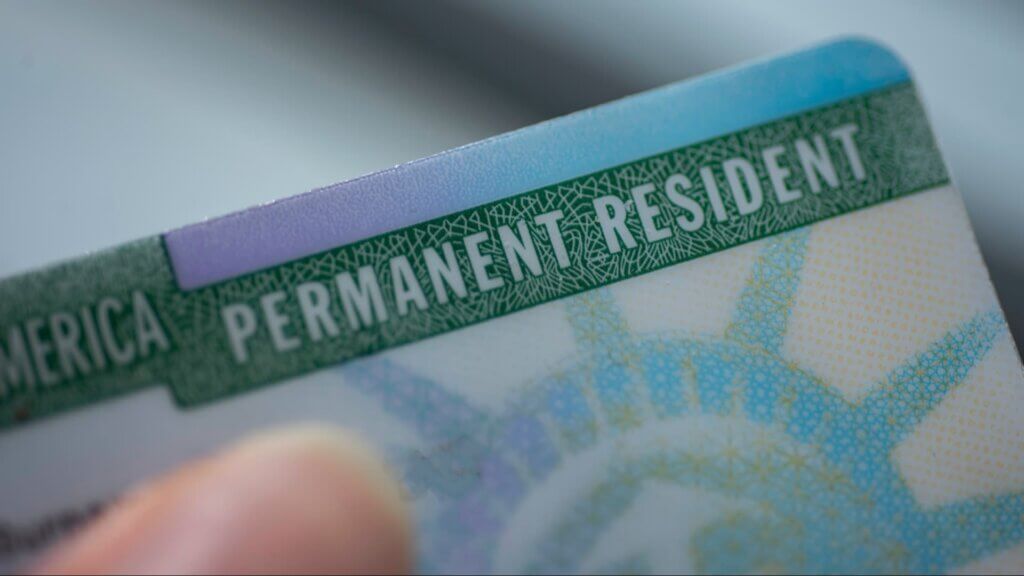
You may be legally authorized to work in the United States depending on your visa type. This includes students/exchange workers, temporary workers, and permanent immigrant workers. In addition, if you have a green card or lawful permanent resident status, you are also authorized to work in the United States. It is illegal for employers to discriminate against job applicants based on their citizenship status or legal status in the country. This is known as immigration status discrimination, and it is a violation of the anti-discrimination provisions in the Immigration Reform and Control Act.
During an interview, an employer might ask you whether or not you are legally authorized to work in the United States. It is important to be honest and answer this question truthfully. Lying can lead to serious consequences, including fines and jail time. It can also make it difficult to find employment in the future. If you are unsure how to answer this question, consult an attorney or immigration specialist.

Non-citizens
Citizens have more rights than non-citizens, including the ability to sponsor family members for US citizenship. This allows them to live and work in the United States without fear of being deported. It also gives them access to federal benefits like unemployment insurance, Medicare, and Social Security. Non-citizens can also apply for US citizenship, but there are specific requirements. For example, you must have lived in the United States for five years to qualify. You must also meet certain age and education requirements to be a naturalized citizen.
One of the biggest advantages of being a citizen is having access to social security and other federal benefits. Those who are not citizens may have trouble getting these benefits, especially if they are in the country for extended periods of time. Blank immigration forms and written instructions are available from the Department of Homeland Security. They are also available online for free. The application process can be lengthy and complicated.

Permanent Residents
Those who have obtained permanent residency in the United States are legally authorized to work here. This means they do not need to obtain an Employment Authorization Document, also known as a working permit or an EAD card. However, it is important that they carry their green cards with them at all times. If they are asked for proof of their legal status at work, they should be able to show them to the employer.
In addition, it is important that they are aware of any fees associated with their work authorization. They may need to pay for fingerprinting, a medical exam, and other expenses. They may also be required to pay Selective Service fees, which are charged to all males ages 18 to 26.
It is a good idea for employers to ask about the work authorization of potential employees. It is against the law to lie about this information, and it could lead to termination or even deportation.

Students
Many students in the USA are able to find work in their fields of study, either through internships or trainee programs (under a J-1 visa) or within multinational companies that have a US branch (under an L-1 visa). There is also a range of teaching opportunities available, both in public and private schools, as well as adult education. If you are considering working in the USA, you should carefully consider the type of work you want to do and ensure that you have the right visa or status to do so. Several different work visas are available, including H-1, O, and B visas.
You should also check the minimum wage in your state or city, as they may differ from the federal level. In some cases, higher local wages are required to compensate for the increased cost of living in certain areas of the country. This is especially true for workers in New York City and San Francisco.